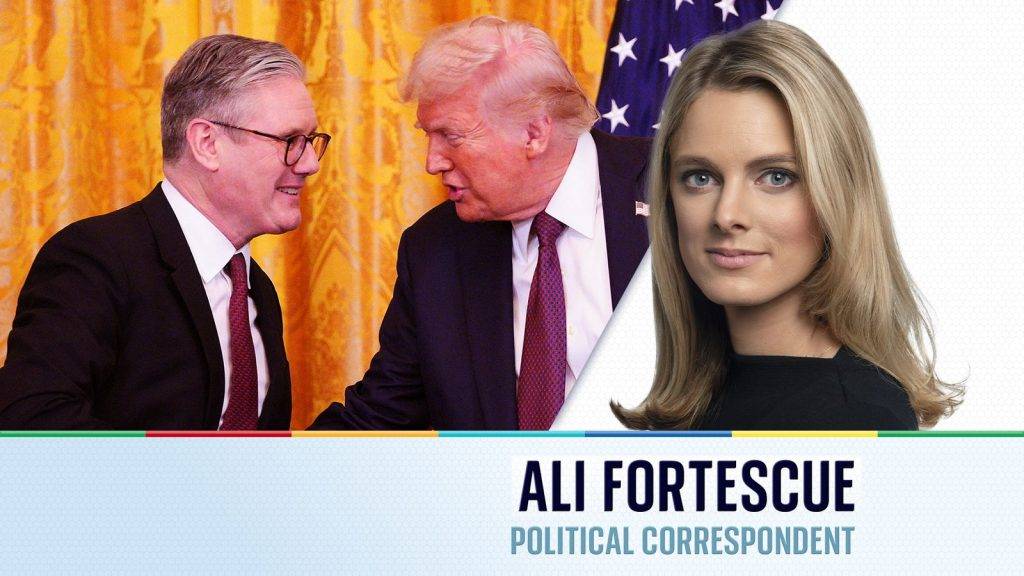Cliff Notes
- The UK faces potential implications from a new list of goods, including American items like jeans and whiskey, subject to reciprocal tariffs amid ongoing trade tensions.
- As the UK aims to avoid retaliation while negotiating tariff carveouts, the government’s stance remains strategic, with discussions still ongoing after a recent diplomatic visit to Washington.
- While tariffs may not directly influence local election outcomes, their economic consequences will significantly impact future fiscal decisions for UK leaders.
Trump‘s tariffs will have an impact before too long – but how will the UK respond?
The list has landed.
More than 400 pages of thousands of goods that could be affected by reciprocal tariffs against the US.
Everything from fresh domestic ducks to sea-going dredgers makes the cut; most symbolic, however, are iconic American items like jeans, motorcycles and whiskey.
Would Donald Trump stand for a levy on Levi’s? It’s not the first time this battle has played out.
When the US president announced tariffs on steel and aluminium in his first term, the EU responded with its own – including a symbolic 25% tax on American whiskey.
At the time, the UK, then an EU member, followed suit.
But as the UK tries to carve its own path outside the bloc, vindicated by the baseline 10% tariffs imposed instead of the EU’s rate of 20%, the aim is to avoid retaliation.
The government want us to know “all options are on the table” – but that is not how they want this to play out.
“This is not a short-term tactical exercise,” the prime minister said this morning.
Despite the business secretary’s best efforts during his recent trip to Washington to try to secure a UK tariffs carveout, no deal was reached in time.


